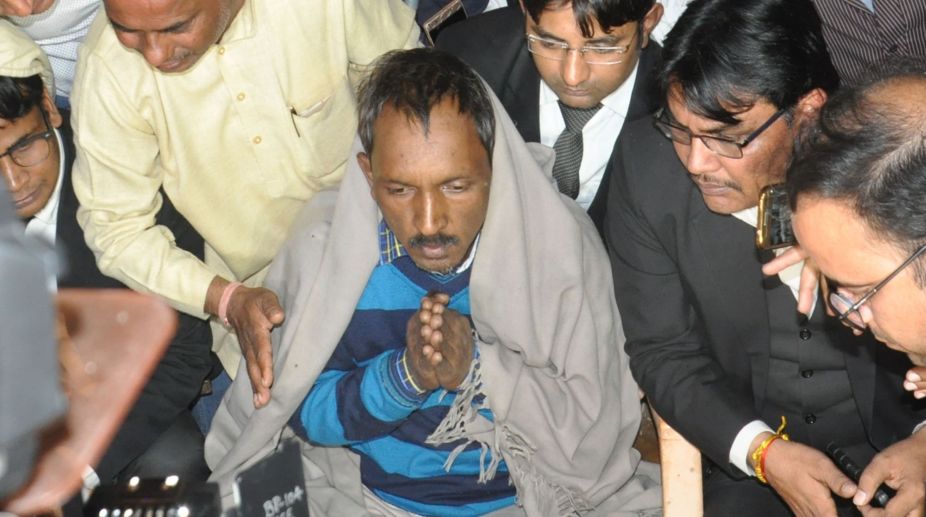A special court here on Wednesday acquitted 44-year-old Ashok Kumar, the bus conductor of a private school where a Class 2 student was murdered in September last year.
Kumar was arrested as the main accused in the case but the Central Bureau of Investigation (CBI) gave him a clean chit in its primary charge sheet filed in the court on February 5.
Advertisement
The Special Children Court of Additional Sessions Judge Jasbir Singh Kundu acquitted Kumar and ordered to merge the FIRs by police and the CBI. It asked that the final charge sheet be filed by April 10.
Two officials of the school — Francis Thomas and Jayesh Thomas — booked under section 75 of the Juvenile Justice Act for negligence in the safety and security of children in the school were also directed to appear before the court on April 10. They are currently out on bail.
On September 8, Kumar was arrested and booked under section 302 (murder) of the Indian Penal Code, 25 of Arms Act and 12 of Protection of Children from Sexual Offences Act for allegedly brutally murdering the seven-year-old student in the washroom of the school in Bhondsi on Sohna road.
The case was handed over to the CBI on September 22. It did not find any evidence against Kumar and on November 8, took a Class 11 student (nearly 17 years old) into custody.
Kumar got bail on November 21.
CBI officials said the accused murdered the boy just to defer a unit test and a scheduled parent-teacher meeting.
The Gurugram Juvenile Justice Board on December 20 ordered that the accused, who is in an observation home in Faridabad in Haryana, be tried as an adult.
Earlier, the court had barred the media from using the name of the 17-year-old accused in the case and asked it to use fictitious names instead.
While the victim was named “Prince” by the court, the juvenile accused was named “Bholu” and the private school in Bhondsi was referred to as “Vidyalaya”.
A bail plea for the minor accused was rejected on January 8.
The court also slapped a Rs 21,000 fine on the defence for filing “unnecessary” applications and “wasting the time” of the court.











